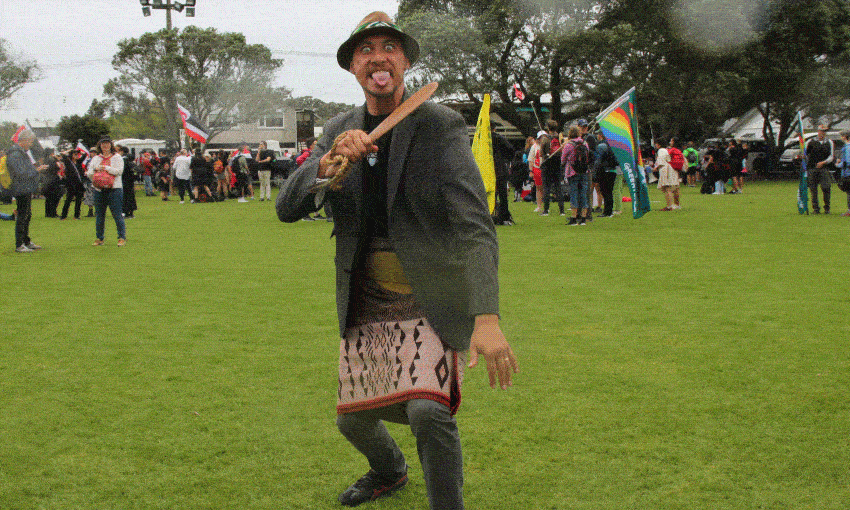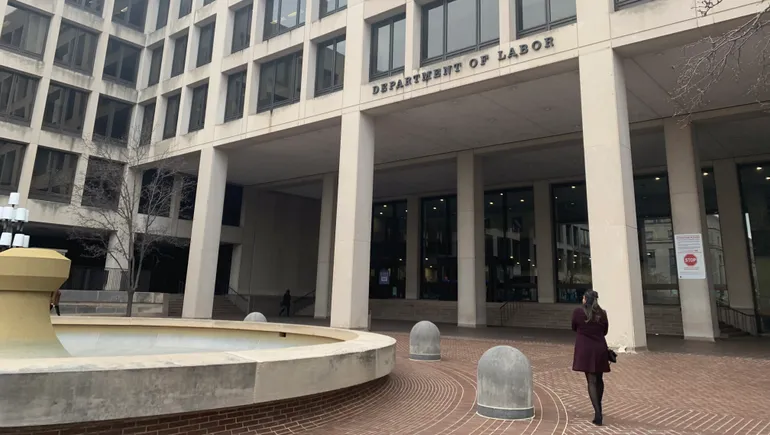When Associate Education Minister Kelvin Davis was a principal, he got rid of streaming and says it earned results. He now wants other schools to follow suit.
He and Education Minister Chris Hipkins are backing teachers who voted on Wednesday to end the practise by 2030.
Davis said the Government would not immediately move to mandate that streaming be stopped, but he said he saw no justification for it. If principals failed to change, he said the Government may have to intervene.
DAVID UNWIN/STUFF
Associate Education Minister Kelvin Davis says there’s no reason for academic streaming to continue.
Union delegates attending the Post Primary Teachers’ Association (PPTA) annual conference voted unanimously to transition away from streaming, after being presented with a research paper which said it was detrimental for many students.
READ MORE:
* ‘Whole system change’ required for country’s poor literacy and numeracy rates
* Study: School streaming destroys kids’ self-belief
* Māori high school students unfairly streamed in low-ability classes, report finds
The paper said it was harming Māori, Pasifika, female and disabled students in particular, contributing to low self-esteem and results.
It also said that getting rid of streaming had not “stunted” highly academic students.
At the conference, Hipkins applauded the decision and said streaming had “no place” in a modern education system.
Chris McKeen/Stuff
Education Minister Chris Hipkins is backing teachers who want to stop streaming students.
Davis, on Thursday, said he had seen streaming deliver poor results in schools for many years and expected the practise to stop.
“I had personal experience with streaming. I didn’t agree with it 20 years ago, and I don’t agree with it now. I’d like to think schools will do the right thing, follow the research and do away with streaming,” he said.
When he was a principal in Northland, Davis said he saw better results by getting rid of streamed classes.
“I absolutely oppose it,” he said.
“The way they did it was by saying they had an extension class. I said, ‘well every class needs to be an extension class not just the topic academic children’.”
He said streaming often saw the “best teachers” teaching the most academic students, and the most in-need students were often left in under-resourced classes.
He questioned why any school would still be streaming children based of academic results, but said the Government was not going to force schools to stop anytime soon.
“Schools are run by professionals, so you’d think they’d use the research to do what is right. But there may come a time if schools do not voluntarily improve their practice – the Government may have to step in,” he said.
ROBERT KITCHIN/Stuff
ACT’s Chris Baillie says it’s not the union’s job to advocate for policy.
ACT Party education spokesperson Chris Baillie said the PPTA had strayed from its purpose as a union by pushing for a change to teaching policy.
“They should leave it the experts like principals and boards to decide how their schools operate,” he said.
Although the Government hasn’t banned streaming, the Ministry of Education has recommended that schools don’t stream students.
The ministry’s policy manager, Tipene Chrisp said it created low expectations for students and fuelled self-fulfilling cycles of low academic expectation.
National Party education spokesperson Erica Stanford was invited to comment.





















Discussion about this post